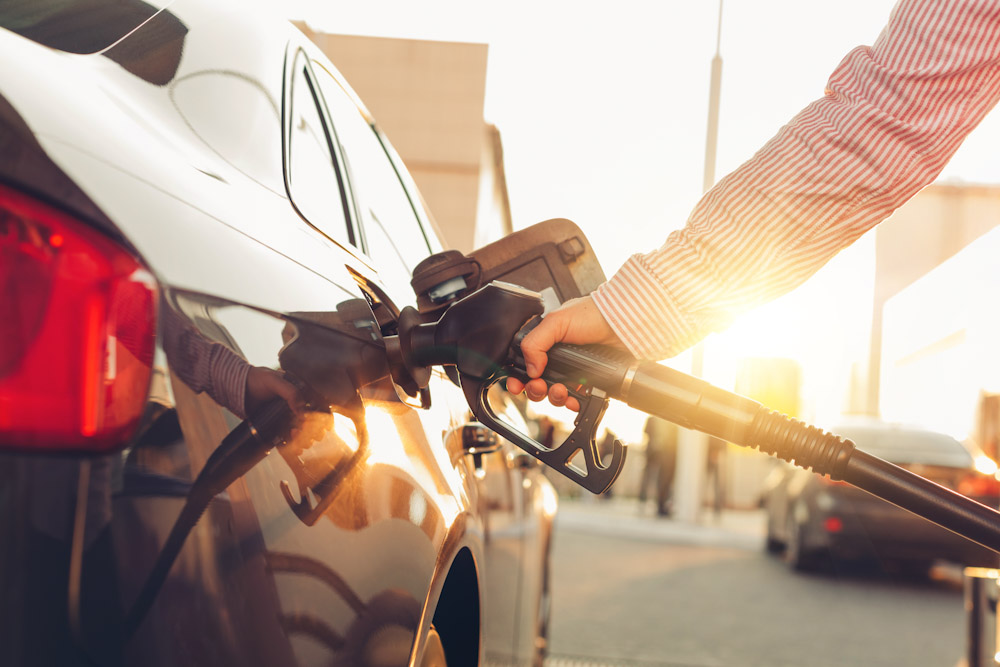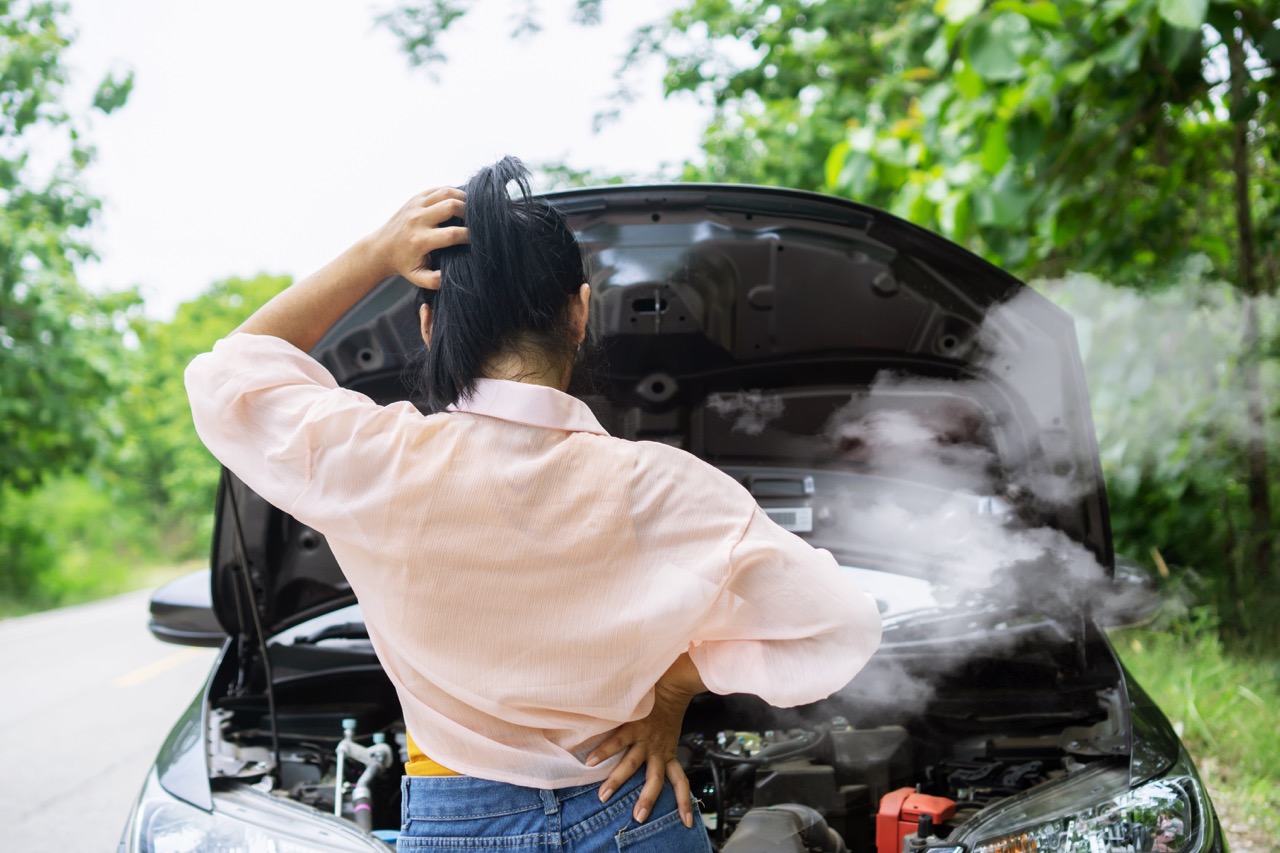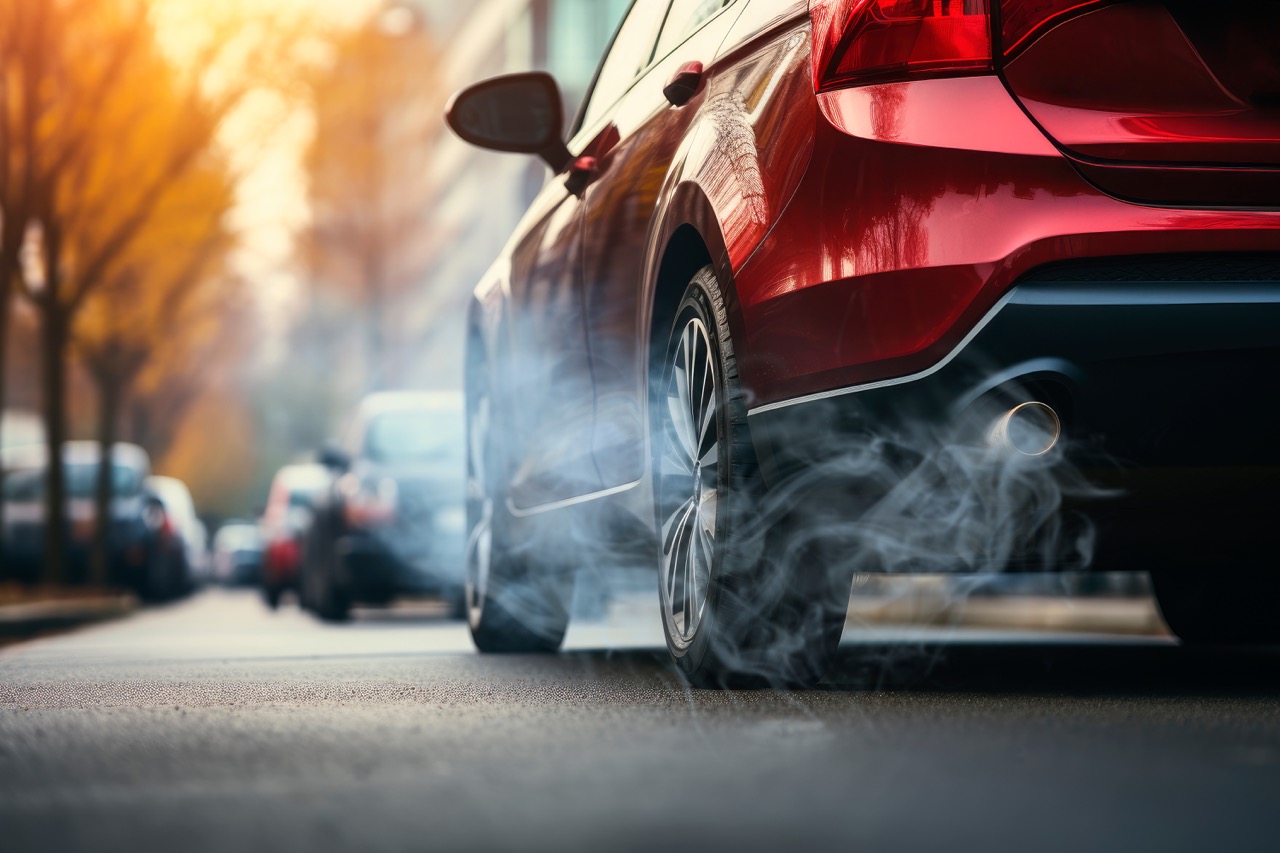
It’s estimated that there are over 1.4 billion vehicles in operation worldwide—the overwhelming majority of these vehicles are powered by gasoline. Though alternative fuels are on the rise, gasoline is still on top, by a considerable margin. Each of us as car owners have pulled up to a fueling station and injected this substance into our vehicles on a number of occasions. But what exactly is it? How does this substance helps to propel our cars forward?
What is Gasoline?
Gasoline hails from crude oil deposits and other petroleum liquids. It is largely composed of organic compounds obtained by the fractional distillation of petroleum and enhanced with a number of additives that can help improve its combustion capabilities and overall stability.
When gasoline enters the engine, it is ignited by the spark plug, creating heat and gas that raises a piston in the engine’s cylinder. The piston then returns to its starting position and this process continues in rapid succession, ultimately creating the energy necessary to propel the vehicle forward. There are a few different common fuel types to be aware of, as not all gasoline is created equal.
Octane Ratings and Common Gasoline Types
Two major constituents of gasoline are the liquids heptane and isooctane and the ratio of the two is known as an octane rating. Simply put, octane ratings are used to measure the fuel’s ability to resist knocking or pinging during combustion— a significant thing for certain vehicle makes and models. Taking this rating into account, there are three common gasoline types that drivers can put into their cars.
Regular
Costing, on average, about 15 to 20 cents less per gallon than premium gasoline, regular gasoline has an average octane rating of 87, ranging between 85 and 88 across the board. If your vehicle has no particular fuel specifications, this could be a good, affordable choice.
Mid-Grade
Costing a few cents more per gallon than regular gasoline is mid-grade fuel with an average octane rating of 89, ranging between 88 and 90 overall. This fuel is a good middle ground between the cheaper, lower octane fuel and the more expensive, premium gasoline.
Premium
Premium gasoline, as the name would suggest, is the most expensive common fuel carrying an average octane rating of 92, ranging from 91 to 94 across the board. There are many vehicles makes particularly luxury vehicles that require this type of fuel for optimal engine performance and health. If this type of fuel isn’t recommended for your vehicle, studies show there is little added benefit to using it.
Ethanol as an Additive
Ethanol is a renewable fuel made from plants (typically corn) that is used in more than 98% of U.S. gasoline. Ethanol works to oxygenate the fuel which, in turn, reduces air pollution. If your gas pump makes mention of ethanol, don’t worry, it’s incredibly common.
What to Know Before You Fuel
At the end of the day, it does matter which fuel you put in your vehicle. Will it have an immediate impact? Most likely not, but it will affect the health of your engine over time. High-performance engines usually require higher-octane fuel and if they don’t get it, they will deliver decreased power and performance. Certain engines are designed to generate different levels of compression within the cylinder and which fuel you use can influence this process. If the manufacturer gives specific instructions with regards to which fuel to use, make sure to follow them. This will keep your car on the road for longer. If any issues arise or if you have questions about your engine’s health bring it on to our Master Muffler shop. We are Bountiful’s auto repair experts, here to help you with your automotive needs.
Related Posts
As an EV owner, understanding your vehicle's battery is critical. From its capacity to its lifespan, and everything in between, we'll guide you through what you need to know to optimize your EV experience. So buckle up and get ready - we're about to shed some light on the electrifying world of EV batteries. What [...]
If your car is running hot, it can be a sign that something’s not right with your engine. Fortunately, diagnosing the cause of an overheating engine isn't too difficult if you know what to look for and how to address it. Keep reading if you want to learn the most common issues that occur when [...]
Your vehicle's exhaust system serves a critical role in managing the byproducts of the combustion process and ensuring optimal engine performance. The appearance of colored smoke from the exhaust pipe, either when stationary or accelerating, can provide valuable clues to underlying mechanical issues. What is a car exhaust? A car exhaust is a system [...]





